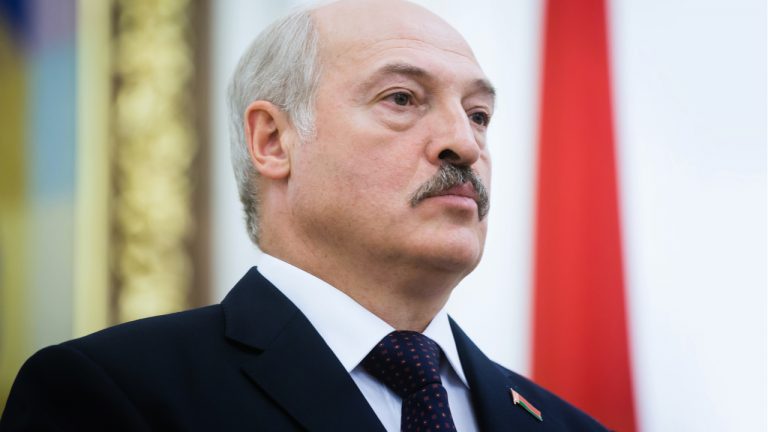
The Belarusian president held a meeting over the week where he mentioned cryptocurrencies within the context of regulating the IT industry. Alexander Lukashenko hinted at tightening the regulatory framework to control crypto usage in Belarus.
Lukashenko Seeks to Create a Unified Governmental Regulatory Body
According to news agency Belta, Lukashenko met with senior government officials to clarify the regulatory environment that rules the crypto sphere. Overall, he asks for changes in the industry’s current rules.
Firstly, he praised the fact that Belarus has been a “pioneer” in discussing legal matters on cryptocurrencies:
The use of digital signs (tokens) and cryptocurrencies has become commonplace in many countries in the world. They are accepted as an additional means of payment along with traditional money. In 2017, we were the first in the world to create legal conditions for the development of these technologies in Belarus.
That’s why the Belarus president believes the country’s central bank and the State Control Committee should propose “to clarify some provisions of the legislation and establish the necessary level of control over the new sphere of financial transactions.”
Although he dedicated time to discuss matters relating to cryptocurrencies, the meeting was intended to look for opportunities to expand Belarusian digital technologies. Lukashenko summarized all his inputs on the topics, emphasizing that he just wants to establish controls, not ban industries.
In fact, the Belarusian president seeks to create a unified governmental regulatory body for such purposes. During his briefing, Lukashenko cited China’s experience as an example in “building a digital society.”
After the meeting, Belarus Deputy Prime Minister Nickolay Snopkov suggested that the Belarus Hi-Tech Park, the state-backed IT incubator, could eventually oversee crypto-related matters in the country.
Belarus Relationship With Cryptocurrencies
There is only one crypto exchange registered locally in Belarus since the industry became regulated in the nation in 2017.
The country has made headlines in the last few months due to massive protests against Lukashenko. Cryptocurrencies have played a role in paving the road to help fund protest movements.
Bysol, a Belarusian nonprofit organization, raised over $2 million in bitcoin (BTC) donations in a month to fund the movements that emerged during the protests.
What do you think about Lukashenko’s words on strengthening control over the crypto industry? Let us know in the comments section below.
Comments
Post a Comment